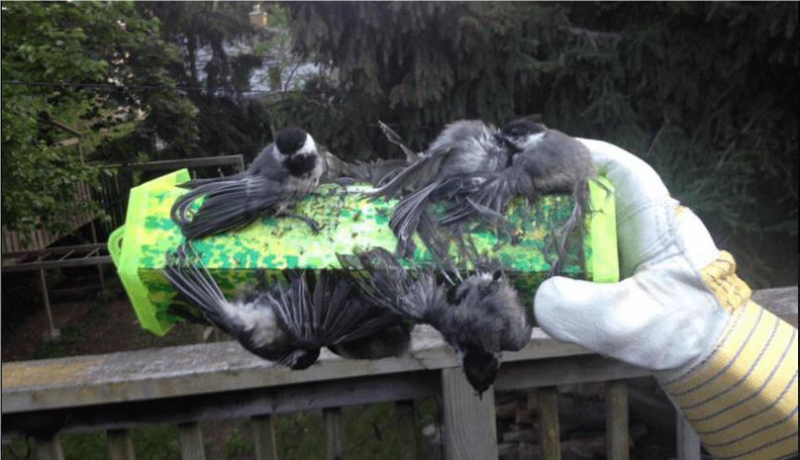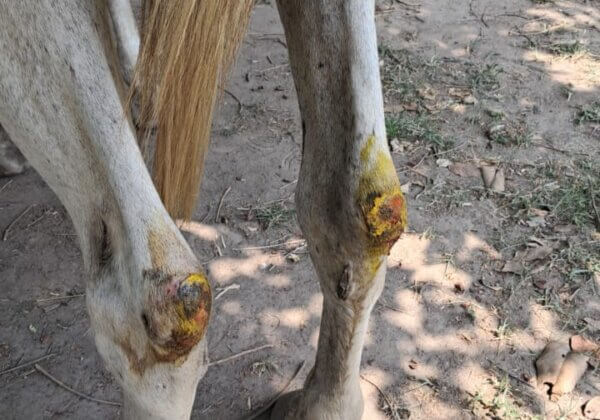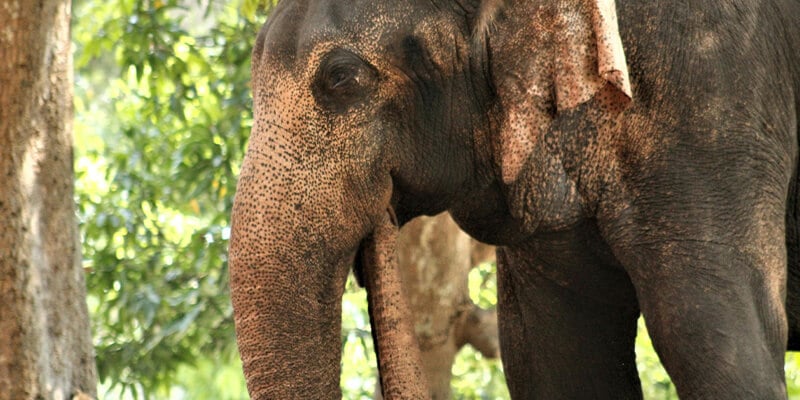Telangana Prohibits the Manufacture, Sale, and Use of Vile and Illegal Glue Traps Following PETA India Appeal
The Telangana state government issued orders to prohibit the manufacture, sale, and use of glue traps for rodent control, following an appeal by PETA India. In our appeal, we requested that the state government take immediate steps to implement circulars issued by the Animal Welfare Board of India (AWBI) to prohibit the cruel and illegal use of glue traps.
In the order, Veterinary and Animal Husbandry Department Director Anita Rajendra directed district veterinary and animal husbandry officers (DVAHOs) and member secretaries of the district society for the prevention of cruelty to animals to follow the directives of the state government and the AWBI and to issue appropriate instructions to field staff. DVAHOs were also directed to request that police seize glue traps from manufacturers and traders, issue public-awareness notices regarding humane methods of rodent control as well as the ban on the use of glue traps, and submit a report on the actions taken within 15 days.
In its appeal, PETA India noted that the AWBI had issued circulars in 2011 and 2020 stating that the use of vile devices such as glue traps is a punishable offence under Section 11 of The Prevention of Cruelty to Animals Act, 1960. Usually made of plastic trays or sheets of cardboard covered with strong glue, they’re indiscriminate killers, often catching non-target animals – including birds, squirrels, reptiles, and frogs – in apparent violation of the Wild Life (Protection) Act, 1972, which prohibits the “hunting” of protected indigenous species. Mice, rats, and other animals caught in these traps can die of hunger, dehydration, or exposure after days of prolonged suffering. Others may suffocate when their noses and mouths become stuck in the glue, while some even chew through their own limbs in a desperate bid for freedom and die from blood loss. Those found alive may be thrown into the bin along with the trap or face an even more barbaric death, such as by bludgeoning or drowning.
The best way to control rodent populations is to make an area unattractive or inaccessible to them. Eliminate food sources by keeping surfaces and floors clean, and store food in chew-proof containers. Seal trash cans, and use ammonia-soaked cotton balls or rags to drive rodents away. (They hate the smell.) After giving them a few days to leave, seal entry points using foam sealant, steel wool, hardware cloth, or metal flashing. Rodents can also be removed using humane cage traps but must be released within 100 yards of where they were found – animals relocated beyond their natural territory struggle to find adequate food, water, and shelter and can die as a result.
If you find an animal in need, please call PETA India on (0) 9820122602.
How to Help Animals in Distress







